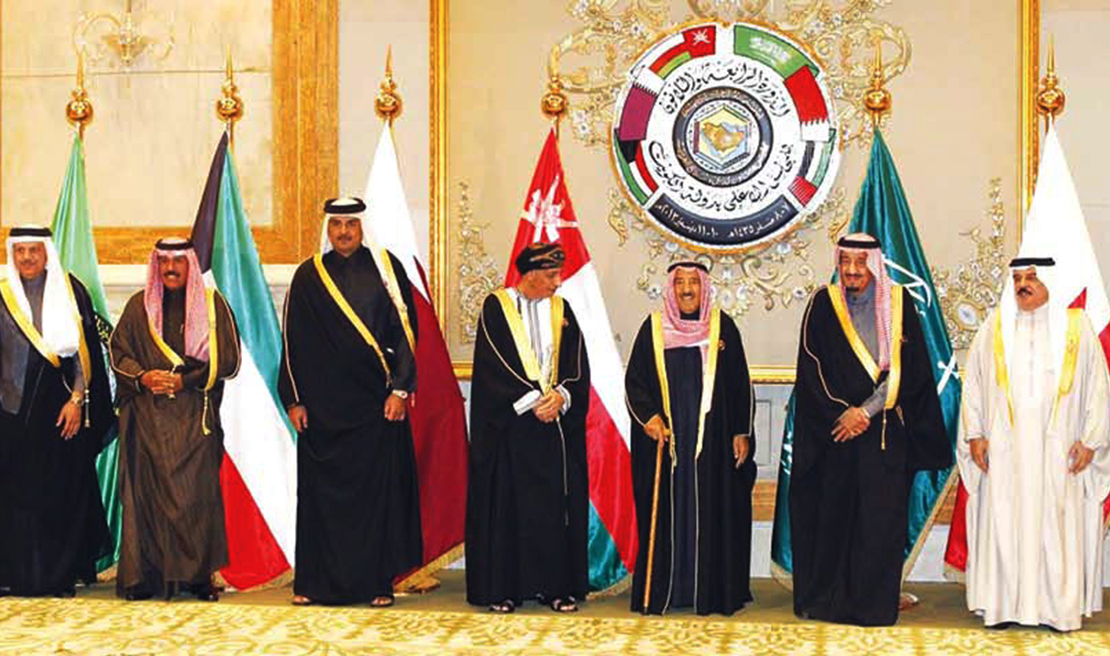There is no doubt that Idd-ul-fitr of 2018 comes as interesting times in the Muslim world. This is a time when the Muslim world, especially the leading Muslim countries of the Gulf Cooperation Council (GCC), is deeply divided as a result of international and regional politics.
In 2018, Qatar is facing a land, sea and air blockade imposed by her Arab and Muslim neighbours namely Saudi Arabia, United Arab Emirates, Bahrain and Egypt. As a result of this blockade, new alliances are being formed and in the process roping in Muslims from other parts of the world.
For example, Turkey has thrown its weight behind Qatar and as the latter seeks to absorb the shocks of the blockade, it has sought new allies outside the GCC—this new ally is Iran. And the coming in of Iran complicates issues even further.
Meanwhile, Yemen continues to bear the brunt of war with Saudi Arabia further widening cracks among leading Gulf States.
The question now is, should the Muslim community in Kenyan be worried about emerging issues in the Gulf?
The answer is certainly in the affirmative. Reason being that for many years, the Muslim community in Kenya has benefited in many ways from the cooperation it has had with various Gulf countries.
And such benefits have been secured by the harmonious co-existence that the said Gulf countries have had.
But now that the benefactors are quarreling, the Muslim community in Kenya is left as the cross-road, unsure of which side to take.
For example, there are local Muslim organizations that have been receiving support of different kind, especially financial, from both Qatar and Saudi Arabia. But with these two countries not on talking terms, the said organizations now don’t know which side to back given that there is no middle ground or neutrality in this feud.
If the organizations choose to back the Qataris, then they must be prepared to forgo support from the Saudis, if they choose to throw their lot with the Saudis, then they must be prepared to forgo the support from the Qataris.
It is because of this dilemma that the Muslim community can no longer ignore what is going among the said Gulf countries. In this regard, there is need for a national dialogue that brings together stakeholders and opinion leaders from the Muslim community in Kenya to discuss this issue and arrive at an amicable decision.
As we speak today, the feuding Gulf countries and their allies are already fighting proxy wars in certain parts of Kenya. For example, the Saudis recently assisted a Muslim youth group in Isiolo to start a business venture for economic empowerment. But as soon as the Saudi team left, another team from Iran with the backing of Qatar approached the same youth group with a deal that is better than the one the Saudis offered them.
This issue has become so serious such that the youth groups in Isiolo don’t know what do, yet they need all the support that they can get.
In this regard, as Muslims in Kenya celebrate Idd-ul-Fitr to mark the end Ramadhan 2018, they should know that they have a huge challenge ahead of them, which challenge, though not of their making, affects them in very fundamental ways.
The national dialogue of Kenyan Muslim stakeholders should discuss this issue, and if possible offer to mediate between the feuding countries of the GCC so that those who benefit from the generous support of the Gulf countries don’t end up being victims of a feud that is not theirs.

